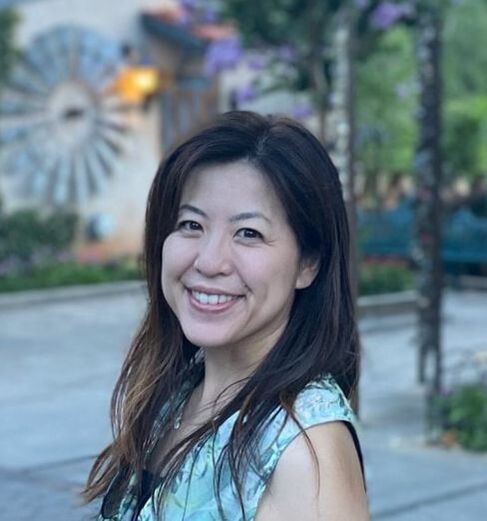| I have been fascinated since I was an undergraduate by the human immune system, which in its elegance is both a fundamental and complicated system in our body. The system distinguishes the components of foreign pathogens or viruses from our self components and keeps up the pathogen surveillance. If pathogens or viruses invade our body, the immune system mobilizes immune cells and clears these invaders. The invader's information is relayed from cell to cell and is memorized in cells to respond quickly during a future attack, just like human society. But sometimes, this elaborate system mischaracterizes our self components as pieces of hostile foreigners and starts to attack our body. This abnormal condition is called 'autoimmunity'. The trigger of autoimmunity has not been clear despite big efforts by the researchers. 'Why our immune system attacks ourself? What happens in the immune system during an autoimmune disease?’. My journey into immune research is a quest to answer these simple yet profound questions. I have learned immunology under the mentoring of Dr. Takeshi Watanabe and obtained my Ph.D. from Kyoto University in Japan. In my Ph.D. work, I focused on a type of T cells in rheumatoid arthritis (RA), which is one of the autoimmune diseases, and elucidated how T cells contribute to continuous inflammation at the local site in the patients by investigating RA patients’ samples. Through my Ph.D. work, the more I knew about a piece of the immune system, the more I was engrossed in immunology. I gradually desired to apply my knowledge and skills to the treatment of patients. This passion drove me to work on the five modules CAR (5MCAR) project led by Dr. Michael S. Kuhns (University of Arizona, AZ) and Dr. Thomas Serwold (Joslin Diabetes Center, MA). The 5MCAR technology is based on the chimeric receptor (CAR) technology and aims to target pathogenic T cells. T cells expressing 5MCAR can eliminate only specific T cells via the receptor. We applied 5MCAR technology for the treatment of Type 1 diabetes (T1D), which is an autoimmune disease and is caused by pathogenic autoimmune T cells. Our data showed that 5MCAR expressing T cells eliminated only pathogenic T cells in T1D mouse models and prevented the onset of T1D in the mice. These results indicate that the 5MCAR technology has the potential for the treatment of not only T1D but also diseases caused by pathogenic T cells. We are now trying to apply the 5MCAR technology for the treatment of T-Lymphoma. I have had a fulfilling research life at the University of Arizona under the mentorship of Drs. Kuhns and Michael Worobey, support from the university, especially the BIO5 Fellowship, and by Arizona's incredible culture. My journey into immune research is in its prologue. There is a long and rocky road ahead to answer my research questions and apply our technology to clinical studies. However, I am going to continue this scientific quest to impart my knowledge and skills to the patients diagnosed with autoimmune diseases. |
|
0 Comments
Leave a Reply. |
SpotlightEach month we'll feature a Postdoctoral Scholar and their research, sharing their experiences from the UA, life in Arizona and their research interests. Archives
November 2022
Categories |

 RSS Feed
RSS Feed
